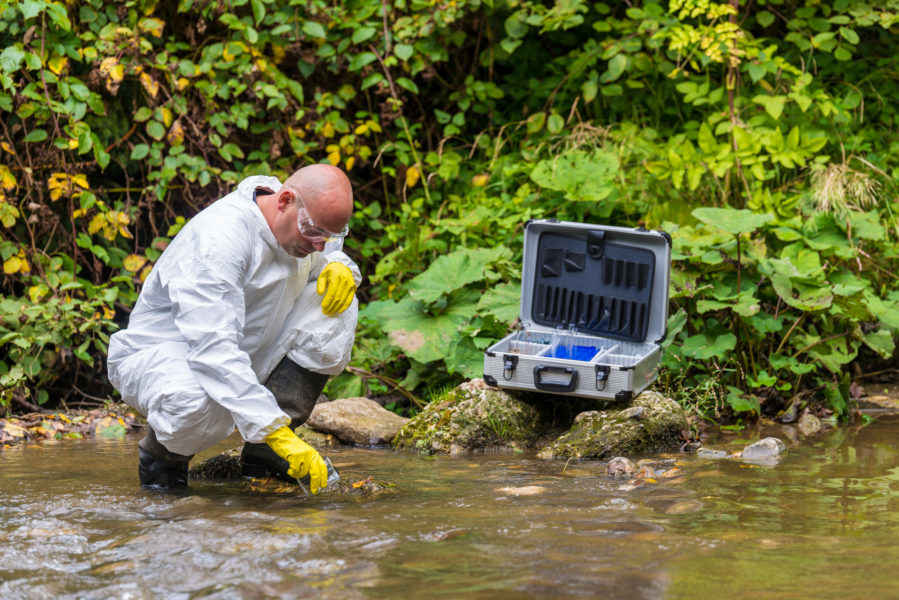Harm Reduction Legal Project
Individuals and communities across the United States are struggling to address the ongoing epidemic of drug-related harm. While some progress has been made, efforts to initiate, expand, and sustain evidence-based and promising initiatives to reduce this harm are often hindered by laws and policies that reflect an outdated, punitive-focused approach to drugs and individuals who use them.

Resources

Cross-Sector Approach to Removing Legal and Policy Barriers to Opioid Agonist Treatment

Harm Reduction Laws in Idaho

Increased Access to Medications for Opioid Use Disorder during the COVID-19 Epidemic and Beyond
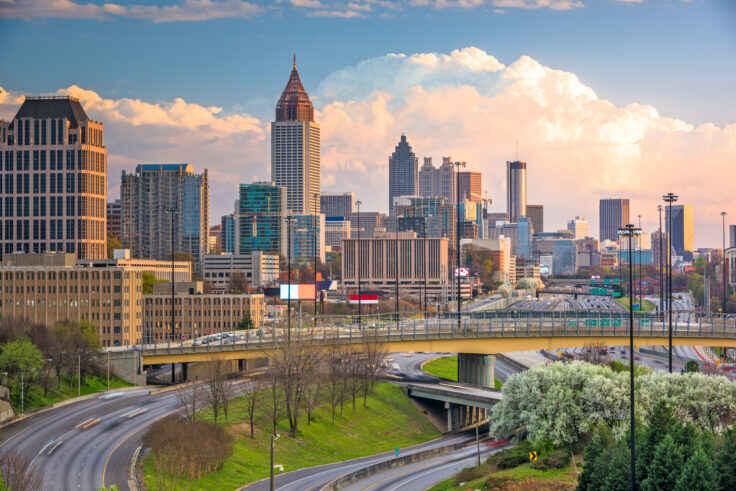
Legality of Dispensing and Administering Expired Naloxone in Georgia

Legality of Dispensing and Administering Expired Naloxone in the District of Columbia

Legality of Dispensing and Administering Expired Naloxone in Colorado

Legality of Dispensing and Administering Expired Naloxone in Illinois

Legality of Dispensing Naloxone to Minors in Pennsylvania

Legality of Dispensing Naloxone to Minors in Maryland

Harm Reduction Policy in Practice
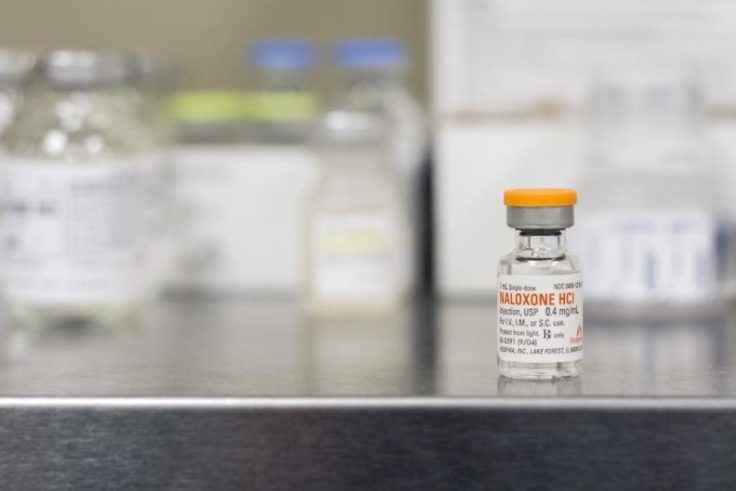
Legal Interventions to Increase Access to Naloxone in Colorado
Explore more sub-topics related to Projects
Spotlight
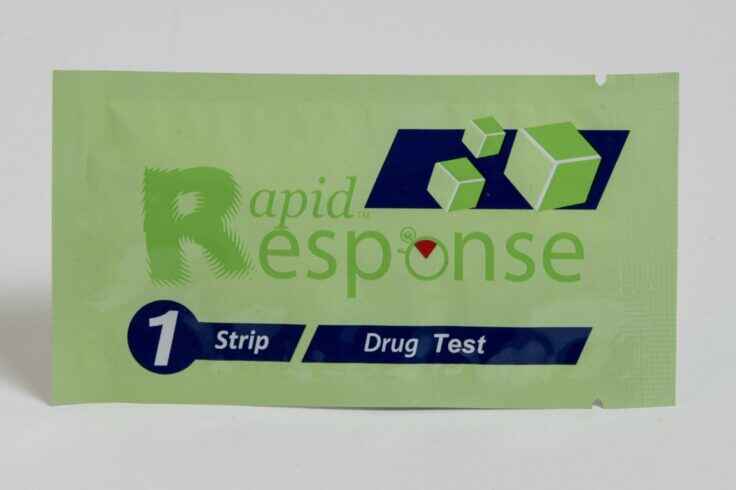
Drug Checking is Effective: More States Should Stop Criminalizing It
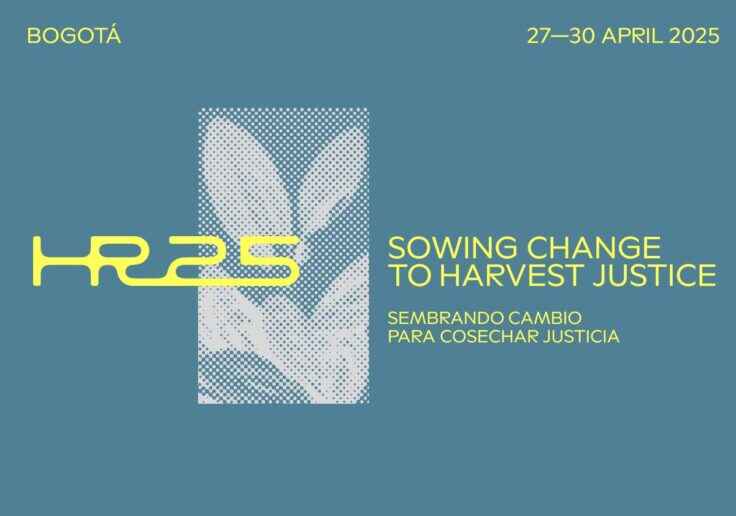
U.S. Funding Cuts and Their Impact Worldwide: Insights from the Harm Reduction International Conference

Proposed Legislation to Boycott Opioid Manufacturers Would Undermine the Public Health Response to Opioid Overdose
Learn More
A closer look at our work to advance effective harm reduction efforts
Project Leadership
Corey Davis, J.D., M.S.P.H. is a nationally-recognized expert on harm reduction law and policy. In addition to his role as director of the Harm Reduction Legal Project, he serves as the deputy director for the Network for Public Health Law’s Southeastern Region Office.
Amy Judd Lieberman, J.D., is a senior staff attorney with the Harm Reduction Legal Project. Before joining the Project, Amy worked briefly in litigation after a fellowship with the National Health Law Program (NHeLP) working on critical issues related to the opioid epidemic and promoting harm reduction practices.
Ashleigh Dennis, J.D., serves as staff attorney with the Harm Reduction Legal Project. Prior to joining the Network, she worked at Root & Rebound, a reentry organization, on direct services and impact litigation, focusing on helping those returning from incarceration with an emphasis on employment and record cleaning.
Michael Abrams, J.D., is a senior attorney with the Harm Reduction Legal Project. Previously, Michael worked in civil rights and appellate litigation in Baltimore on behalf of the wrongfully convicted and people with disabilities.
Request Assistance
For assistance, email harmreduction@networkforphl.org. Follow the Project on Twitter at @harmreduxlegal.
The Network’s Harm Reduction Legal Project works to address the legal and policy barriers that impede the establishment and expansion of evidence-based harm reduction measures such as naloxone distribution, syringe access programs, and access to evidence-based substance use disorder treatment.
The Project provides guidance and consultation to governmental and nongovernmental organizations as well as impacted individuals to assist them in navigating the often extremely confusing maze of existing laws and regulations that hamper harm reduction initiatives. The Project also provides non-partisan, evidence-based publications and training regarding the state of laws impacting individuals who use drugs, individuals in recovery, and their communities, as well as research regarding the impact of those laws.
Subject matter experts are available, at no cost, to provide assistance with research, legal analysis, and strategic guidance as well as referrals to other knowledgeable experts and leading institutions in order to assist organizations and individuals in successfully operating within existing law and policy; and advocates seeking to modify existing legal restrictions on harm reduction initiatives.
This project is supported by Arnold Ventures.
“The Harm Reduction Legal Project is addressing legal and policy barriers at the ground level so that programs working directly with impacted people can do what they do best – provide high quality services to the people who need them most.”
— Arnold Ventures


